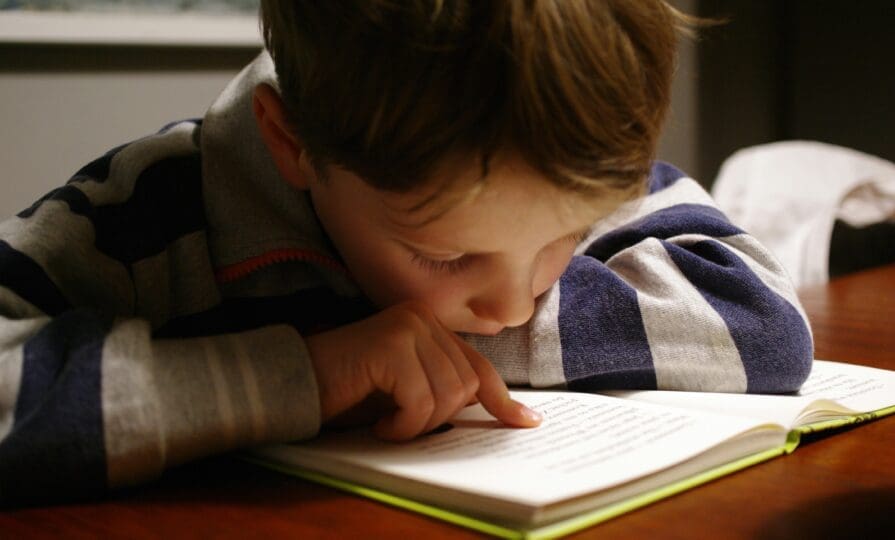Education Committee launches inquiry into reading levels for children
The committee will look at the causes of the downturn and the potential role of schools, early years settings and local libraries in encouraging regular reading

Register to get 1 free article
Reveal the article below by registering for our email newsletter.
Want unlimited access? View Plans
Already have an account? Sign in
A cross-party inquiry has been launched by the Education Committee to investigate the fall in the number of children reading for pleasure and to assess how the trend might be reversed.
It comes as a survey by the National Literacy Trust found that one in three children aged eight to 18 read in their spare time, a drop of 36% since 2005.
The research reported a sharper decline over the past year among primary pupils and showed that reading remains less common among boys than girls.
Story Stream: More on Education Committee
The committee will look at the causes of the downturn and the potential role of schools, early years settings and local libraries in encouraging regular reading. MPs will also question experts on how reading for pleasure relates to children and young people’s mental health and wellbeing.
The inquiry will consider the effect of rising screen time on reading habits, alongside the influence of technologies such as e-readers and audiobooks. It will also assess how promoting reading might support the attainment of disadvantaged children and those with special educational needs and disabilities.
MPs will also examine what government intervention could achieve, including through Best Start Family Support Hubs and planned changes to the national curriculum.
The work will run alongside preparations for the National Year of Reading 2026, announced by the secretary of state for education and the National Literacy Trust and supported by the Premier League.
The committee is now inviting written evidence from academics and specialists until 9 January 2026. Submissions may address the benefits of reading for pleasure, the availability of appealing reading materials, differences in reading habits across groups, and the factors driving the decline.
Education Committee chair Helen Hayes MP said: “Reading for pleasure has long given both stimulation and sanctuary to children and adults across the globe, whilst also teaching wisdom and wit. It has been considered an essential building block of learning and understanding the world around us. But right now, we appear to be witnessing a generational shift.
“The Education Committee wants to understand the forces at play and what the consequences could be for children’s lives. Crucially, we will look across the academic space, and at good practice in schools and communities, for solutions. We will hear from children themselves about how reading for pleasure can be nurtured for the benefit of their education, development, mental health and wellbeing.”
She added: “At the end of this inquiry, we will make recommendations to the Government about the role it can play in helping schools, communities, parents and carers, to ensure the joy of reading endures for future generations.”

